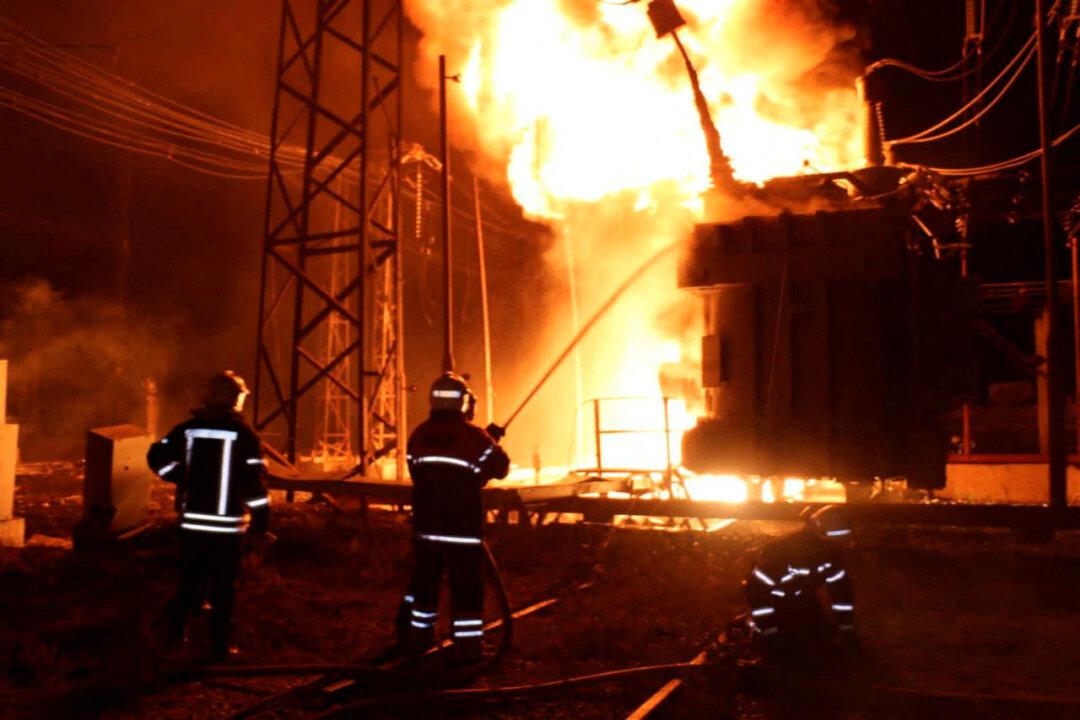Ukrainian officials described Russian strikes on the nation’s energy infrastructure and detailed the resources they say are needed to recover, on the heels of billions in U.S. and other aid to the Eastern European country, during a Nov. 28 event hosted by an influential Washington-based think tank.
“He [Vladimir Putin] is sure that this winter is a focal point for him to show that he can make sure that Ukrainians will not survive,” Oksana Nechyporenko, director of the Ukraine Crisis Coordination Center and former chief of staff to Ukraine Prime Minister Oleksiy Honcharuk, said during the Atlantic Council event.





